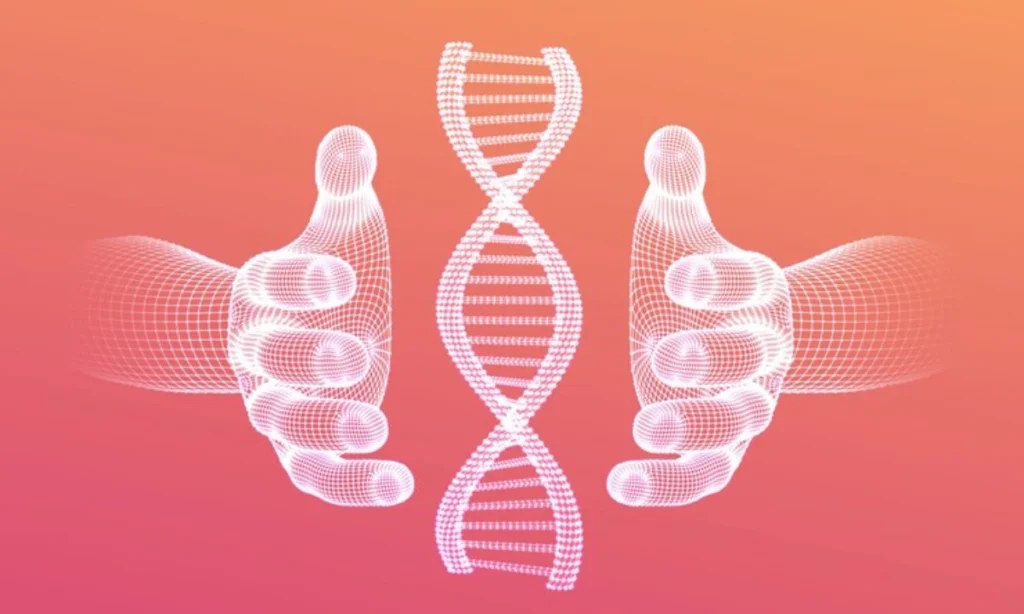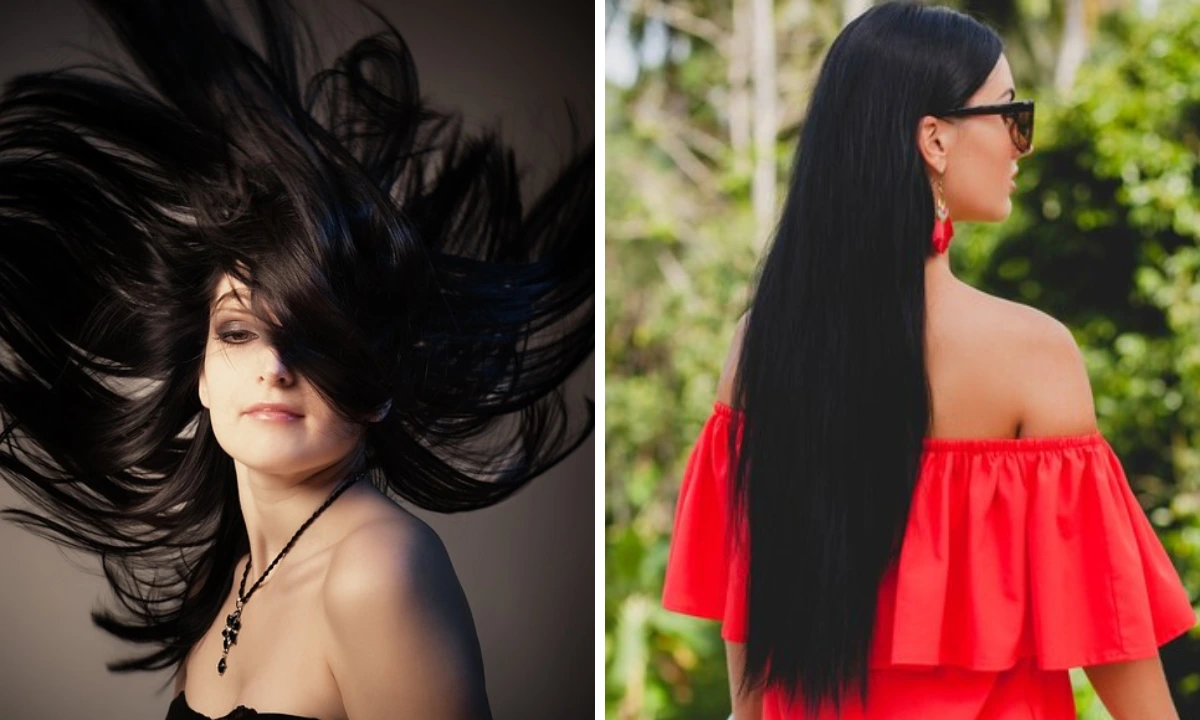“Why is the Hair Color Black? 5 Fascinating Scientific Facts: Discover the science behind black hair color, from melanin levels to genetic influences, and what makes it unique.”
Introduction
HAIR COLOR is one of the most apparent features of human beings, and it is related to genes and the environment. Out of all the hair colors, black hair is the most popular internationally, especially in international places such as Africa and Asia. In this article, we’ll discuss the biological, genetic, and evolutional meaning of black hair color, its importance, and its consequences.
The Science of Hair Color
Melanin’s Role
Eumelanin and pheomelanin are the two main forms of melanin that influence the color of human hair. Pheomelanins provide yellow and red hues, while eumelanins have two varieties of black and brown coloring. Darker hair color results from increased eumelanin pigment expression in the cells that produce hair. The highest level of black eumelanin is represented by black hair, which cannot be achieved with natural hair dyes alone.
Genetic Influences

There are several genes responsible for the distribution of hair color in individuals. Scientists have also realized various mutations that can affect hair color and at least 13 genes have been discovered to play a role in the gene of hair color. These variations have an effect on the formation and the type of melanin produced in melanocytes – the cells involved in the process of pigmentation. For instance, direct activities of MC1R genes lead to higher levels of eumelanin synthesis in dark hair color and black or dark brown hair color.
Evolutionary Perspective
Adaptation to Environment
Today’s darker hair color, in turn, can be traced back to when humans were still living in Africa. By the time early humans moved to other regions of the globe changes were a result of changes in the climate. It also noted that darker hair gives a better shield against ultraviolet (UV) rays from the sun. It lets less light from the sun reach the skin, which is necessary for skin health, and cannot damage the skin. When it comes to high levels of UV radiation in regions such as the equator, those with dark hair and skin have a higher probability of survival.
Main Cultural Significance of Black Hair
The blueness of hair is not only a hair type; it is rooted in cultural and social anthropological significance. In Asia, Africa, and Indigenous societies Black hair is associated with beauty, power, and values. Conventional hair care practices remain associated with social class, people’s age, marital status, and spirituality. Here is a cultural significance of Black Hiar:

- Sleek black hair is braided or woven in complex designs that are both art and tribal languages, and family history in many African tribes.
- In East Asia, smooth AppConfig dark hair has always meant pure, classy, and obedient.
- For Indigenous peoples living in the Americas, having long black hair is now seen as having a spirit that links them with forebears as well as the environment.
- Black hair similarly has profound meaning especially in a modern context and, more to the point, to the black population in the diaspora. It shows the beauty of black hair, in its natural state something that was not promoted before by the white-dominated beauty companies and media, it promoted affirmative action.

Health Implications
It provides proof of a biological link between natural hair color and illnesses like alopecia areata (AA), an autoimmune disease that damages hair. Black people have a known increased risk of getting AA compared to those with lighter hair colors. We should all be reminded by this relationship how pigmentation and genetics affect health.
- How to Cancel My Planet Fitness Membership in 2025
- How many calories should I eat to lose weight?
- How many mental health professionals are in the US?
- Skin Care During Winter: 7 Essential Tips to Keep Your Skin Healthy
- How did Elon Musk lose weight so fast? 5 Secrets – You Won’t Believe What He Did!
- How Does Weight Loss Affect Your Face? 6 Unexpected Effects
- Does Baking Soda Kill Dandruff? 5 Proven Methods Explained
- Which Yoga Is Best for Beginners? 6 Easy Poses to Start With
- Are Exercise Bikes Bad for Your Knees? Experts Reveal 3 Insights
- Are Workout Apps Worth It? 5 Unexpected Benefits Revealed
Conclusion
Black hair is not just beauty. Rather, it represents a combination of biological, evolutionary, cultural, and health dimensions. They acknowledge that witnessing its presence among the different populations today evokes the multiplicity of gene plus environment interactions over thousands of years. The authors also predict that depending on the changes in the culture and science, perceptions of black hair and the emotions they inspire in those around them, will change as well. Knowledge of such aspects may help in developing an appreciation for diverse features in human beings as well as realizing the role that such aspects have in life.

